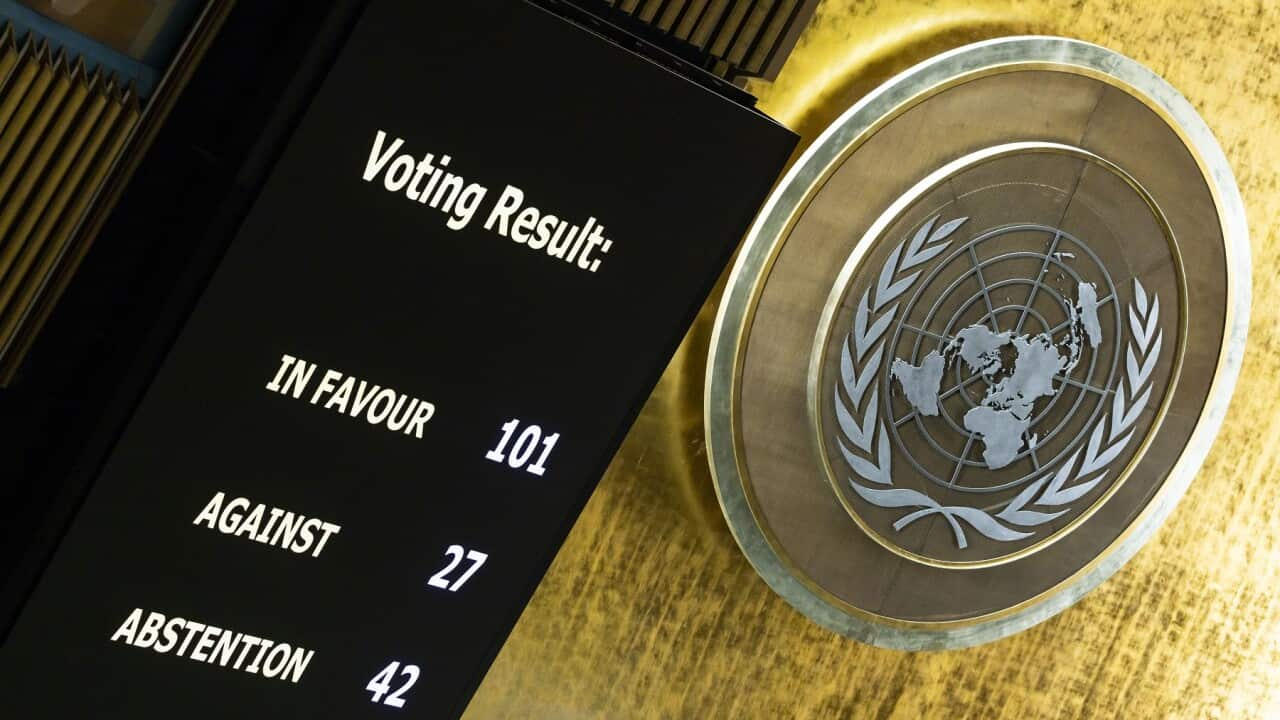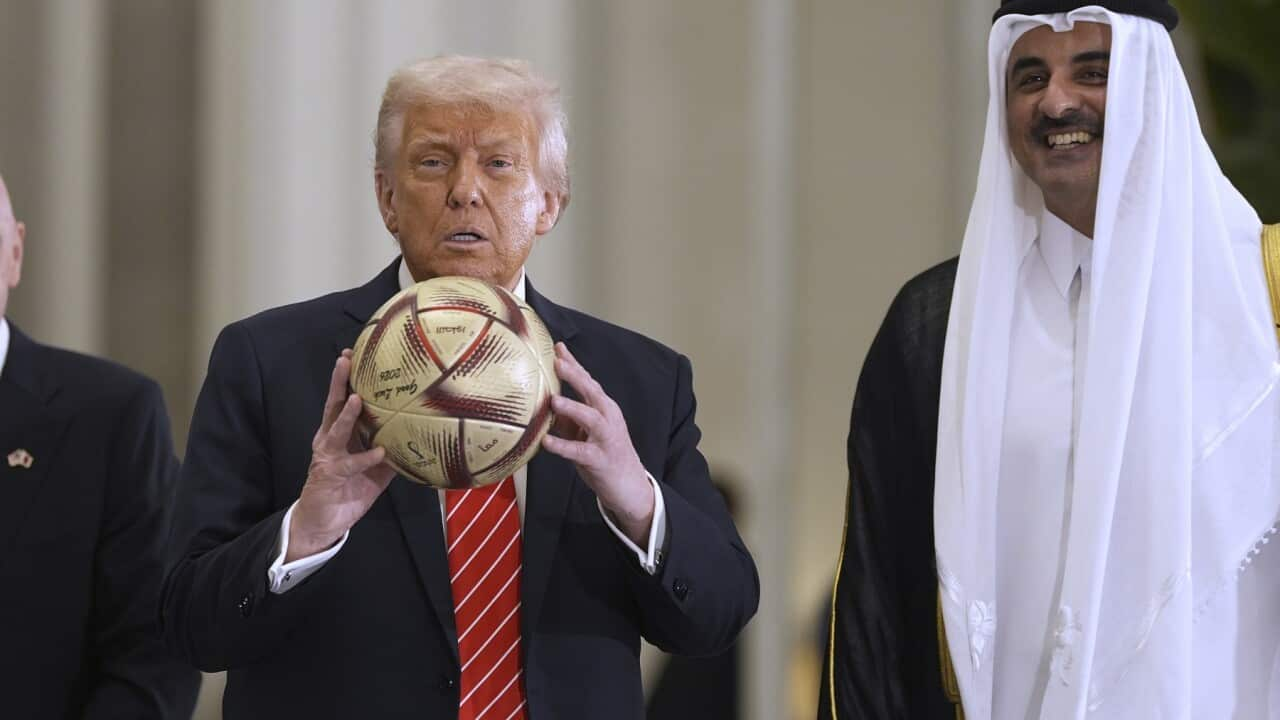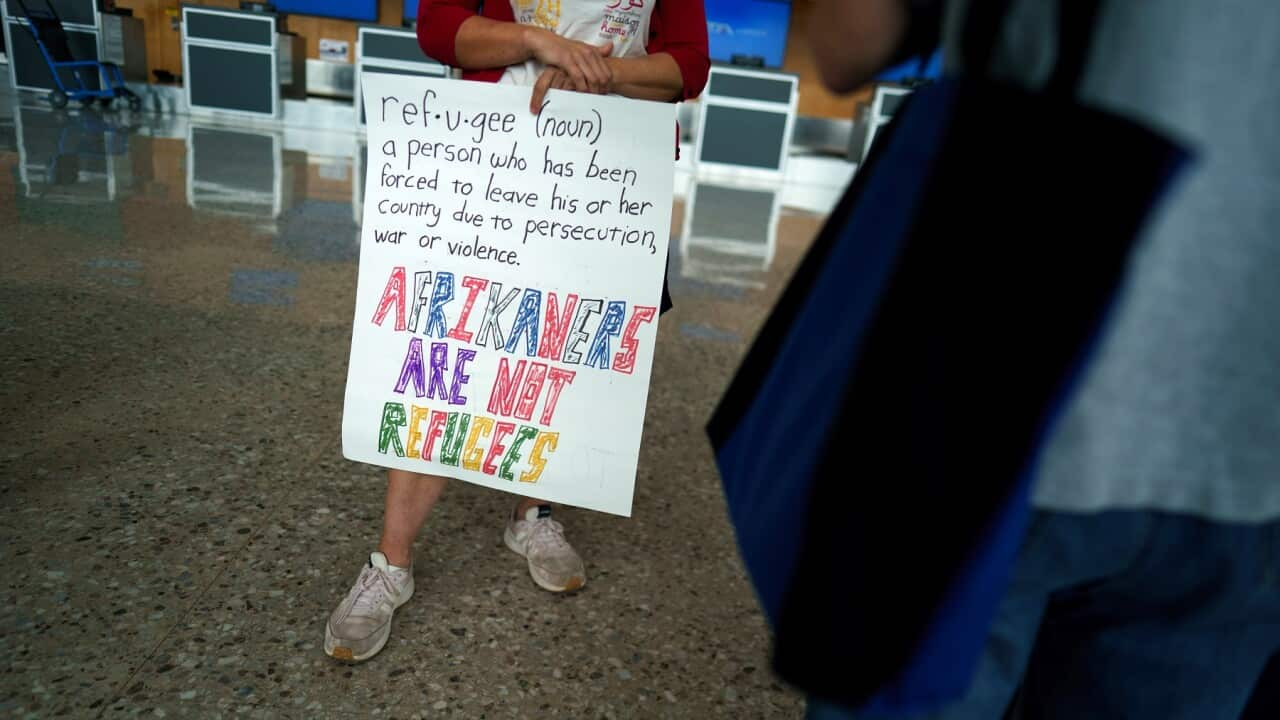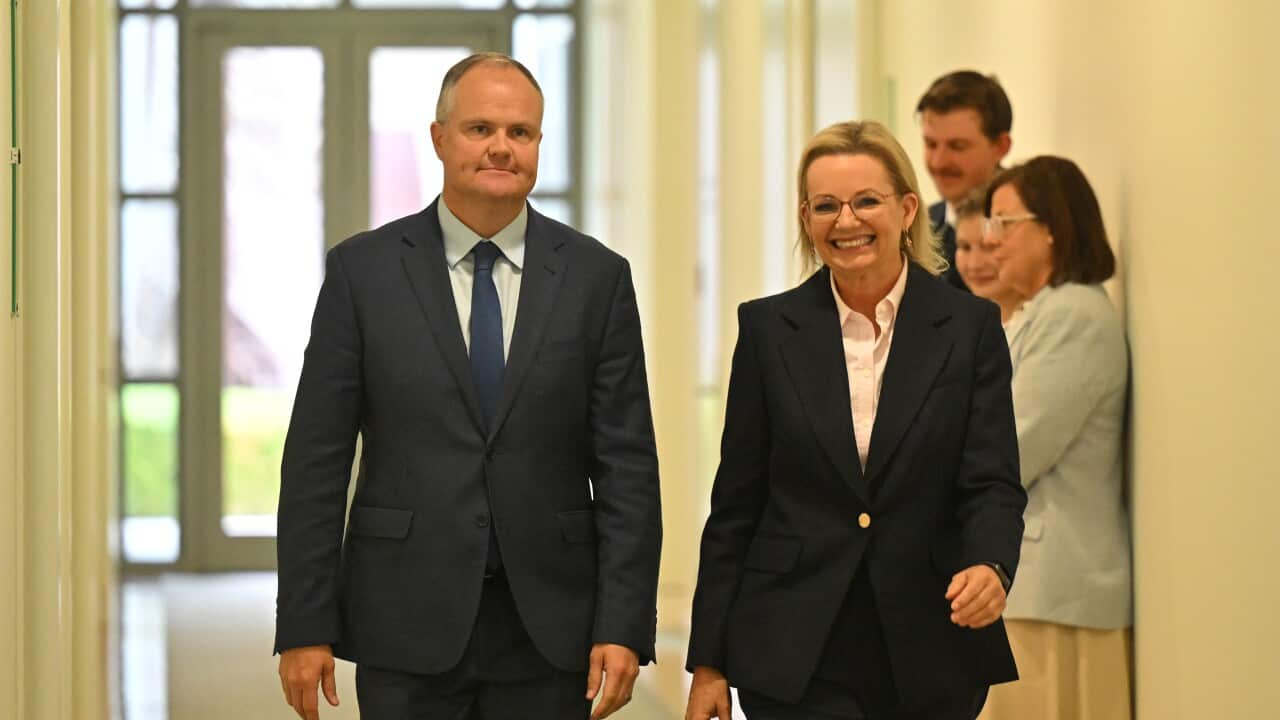TRANSCRIPT
As casualties mount in the war in Gaza, Australia's position on Palestinian statehood is changing.
The last time Australia voted in support of Israel withdrawing from Palestinian territories was 2001.
Since then, the nation has chosen to abstain - until now.
Australia's ambassador to the United Nations, James Larsen, says the resolution is now seen as a step towards a two-state solution.
"In the years leading up to that point, it was a time when the international community, and the parties themselves, came together to chart a path towards a two-state solution. A Palestinian state and the State of Israel side-by-side within safe, secure and internationally recognised borders."
The resolution demands an end to Israel's unlawful presence in the Occupied Palestinian Territories of Gaza, the West Bank and East Jerusalem.
It also calls for the end of new settlement activities and the removal of settlers from occupied territory.
Australia's change in stance breaks ranks with the United States and Israel, and joins 157 nations in favour of the resolution.
Seven countries abstained, while eight voted against.
A spokesperson for Foreign Minister Penny Wong has made the following statement.
"As a constructive middle power, Australia approaches UN resolutions to try to achieve the best outcomes we can. On our own, Australia has few ways to move the dial in the Middle East. Our only hope is working within the international community to push for an end to the cycle of violence and work toward a two-state solution."
The shift in approach comes as the war between Israel and Hamas continues.
Opposition leader Peter Dutton has taken a different view, saying the focus should be on stopping Hamas.
"We want to make sure that there's peace and peace can operate if terrorist organisations aren't in control. If they're given encouragement by believing that they can achieve statehood through terrorist activities, then what encouragement is there for them to lay down their weapons? I think Australia has had a strong bipartisan position recognised in the world, at the UN, and with our partners for a long period of time. But that has now changed. And it's changed because the Prime Minister has abandoned Israel."
Alex Ryvchin, Co-Chief Executive Officer of the Executive Council of Australian Jewry, says community leaders are vehemently opposed to the change in stance.
"We've seen historically both in the Middle East and further afield what happens when states unilaterally withdraw from territory - it's a recipe for more war, violence, terrorism and general disaster. And so this resolution is really upending many many years of clear government policy. As a result we can no longer say that we have a clear and coherent national policy in this country."]]
The UN resolution also calls for an international conference aimed at implementing a two-state solution.
Australia's new support has been welcomed by Palestinian advocates.
Nasser Mashni is the President of the Australian Palestinian Advocacy Network.
"This brings us one step closer to peace. As we saw in the battle against apartheid in South Africa, when the international community came together to boycott (and) sanction that apartheid regime, the international community needs to do that here."













